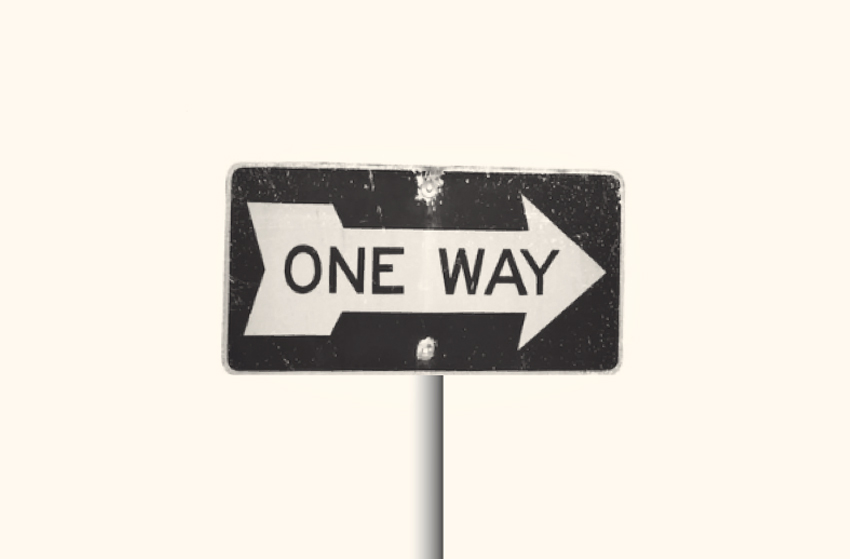While reviewing CVs for a role I was recruiting to, I came across one that announced that its owner had over 2,000 LinkedIn connections. At a recent ‘networking’ lunch, before I even put my plate down on the table, the guest to my left told me that she was hoping to take on a board role and asked if she could come and have coffee with me. I didn’t even know her name – we hadn’t met.
Networking as a concept still seems to split opinion. There are entire professional communities dependent on the idea, but there are also sectors where the notion has long been perceived as a shallow and transactional activity. The importance of effective networking – making valuable, meaningful connections and deploying them appropriately – has risen up the agenda, as partnership and alliance building has taken centre stage, and as leaders are finding themselves in unfamiliar situations. Handled well, networking has a real and substantial role to play in building peer communities, sharing insight and experience, encouraging people to explore new environments, building support and PR. But it is a ‘give and take’ business and, as such, there are balances to be struck and pitfalls to avoid. Here are five things to think about when networking:
1. Great networkers by and large don’t network by working rooms
Effective networkers are often elegant and at ease in social settings, but they are best at remembering people and at making mutually beneficial connections. One of the assumptions about networking is that it is largely a superficial activity, one of taking and not of giving, but there is nothing superficial about good networking – it requires careful thought, discretion and diplomacy to build strong networks and to be respected by the people on them.
2. Even virtual networks are like ecosystems
They include relationships, connections, reputations and interdependencies that extend well beyond your own. Great networkers respect the ecosystem they are moving in to and tend to invest in it more than they take from it.
3. Judgement is key
There are few more depressing things in life than someone who launches straight in with a request for something they want at a networking event. It’s best to get the measure of people first and never start a conversation with “so, what do you do?” The best networkers I have come across don’t shout about who they know. They deploy their address book in an appropriate and respectful way and are always measured in any requests they make.
4. Respect
The art of maintaining great networks comes down to respect; it’s important to take responsibility for your own impact when you are entering someone else’s contact base. If you introduce two people from your own network, make sure you check with each first and then give them flexibility over how they progress the introduction. Always ensure that you have done your due diligence before presenting newcomers to established contacts and, if someone refers you to people they know personally, they are placing their trust in you to handle the relationship respectfully on their behalf.
5. Quality of relationship within a small network is more powerful than a huge online following
On the day I reviewed the CV that highlighted the 2,000 LinkedIn connections, part of me died. Professional networking has its place, but do consider carefully its use and, ultimately, its value to you in genuine networking leverage. The number of connections you have on a professional networking site will, in all honesty, have little effect on your career.
We all commit networking crimes now and again. As a networking novice I once connected two senior people who I had worked with in different capacities, both American and working in the same county in the UK. I rated them both very highly and, given how close knit the county scene was, it made sense at the time that two people of influence in such a small space should talk. A while after the lunch that they had together, one of them remarked to me that although they had enjoyed their discussion, they had also spent time wondering why I had put them in touch. I explained. He said “I guess that’s why we asked the question really. You know I’m Canadian, right?”
